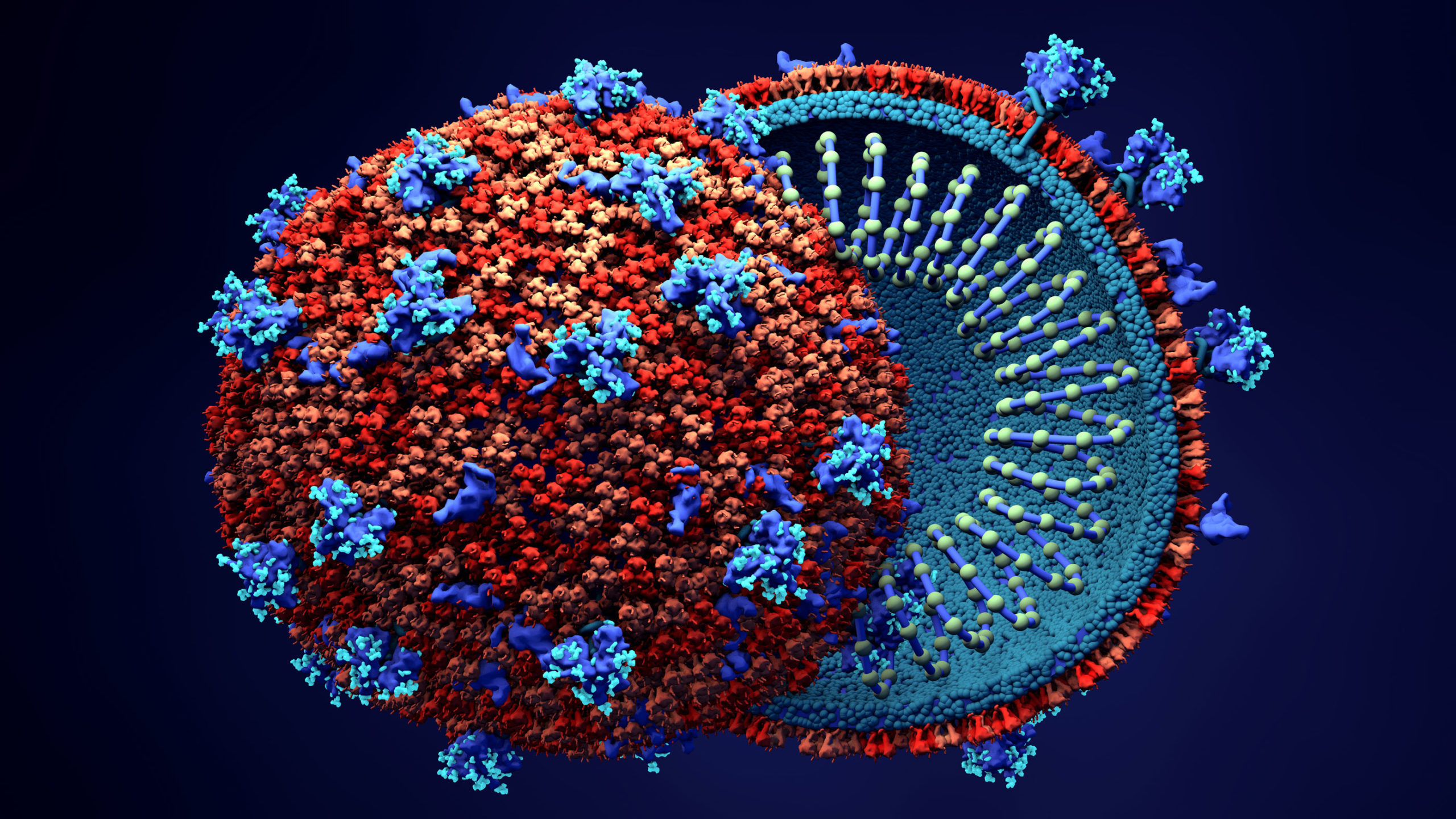
A GNA feature By Iddi Yire
Accra, March 18, GNA – The rapid global spread of the Coronavirus Disease 2019 (COVID-19), which began in December 2019 in Wuhan in the Chinese Province of Hubei has taken the global community by surprise.
The rate at which the disease is spreading and wreaking havoc on lives and economies across the globe calls for urgent and aggressive action by nations to combat it.
In order to successfully combat this global pandemic, concerted global efforts is likewise needed from all stakeholders such as the World Health Organisations (WHO), national health ministries, world leaders, captains of industries, the research community and academia as well as the ordinary person on the street.
The WHO has said the coronavirus pandemic is the defining global health crisis of our time and urged countries to test all suspected cases of COVID-19.
According to the John Hopkins University and Medicine COVID-19 map, the COVID-19 pandemic has already become the biggest story in the world — reaching more than 100 countries.
Globally, the virus has infected 184,976 people and killed just over 7,500, according to the WHO.
Almost 80,000 people have recovered from the infection, according to data collected by Johns Hopkins University.
The COVID-19 is characterised by mild symptoms such as a runny nose, sore throat, cough, and fever.
It can also lead to pneumonia or breathing difficulties in some people.
Like many respiratory viruses, SARS-CoV-2 (the name of the virus that causes the disease COVID-19), can be spread in tiny droplets released from the nose and mouth of an infected person as they cough or sneeze.
According to research, a single cough can produce up to 3,000 droplets.
Richard Gray (2020) reiterates that such droplet particles could land on other people, clothing and surfaces around them; however, some of them can remain in the air.
Some evidence show that the coronavirus is also stays for longer in faecal matter, so anyone not washing their hands thoroughly after visiting the toilet could contaminate anything they touch.
It is worth noting that currently researchers are yet to know how long the Coronavirus can survive outside the human body.
However, a study by the United States National Institute of Health found that the SARS-CoV-2 virus survives for longer on cardboard – up to 24 hours – and up to two-three days on plastic and stainless-steel surfaces.
The study findings indicated that the virus might last this long on door handles, plastic-coated or laminated worktops and other hard surfaces.
Research has shown that coronaviruses can be inactivated within a minute by disinfecting surfaces with 62-71 per cent alcohol, or 0.5 per cent hydrogen peroxide bleach or household bleach containing 0.1 per cent sodium hypochlorite.
Higher temperatures and humidity also tend to result in other coronaviruses dying quicker, although research has shown that a related coronavirus that causes Sars could be killed by temperatures above 56°C or 132°F at a rate of about 10,000 viral particles every 15 minutes.
People must be encouraged to help stop the spread of COVID-19 by educating them on things to do to stay healthy.
Some of the preventive measures include hand washing with soap and water or the use of alcohol-based hand sanitizer and avoiding people who are sick (coughing and sneezing).
Since, we can pick up the Covid-19 by touching surfaces contaminated with new Coronaviruses, it is crucial that we clean and disinfect high-touch surfaces daily such as tables, hard-backed chairs, doorknobs, light switches, remotes, handles, desks, toilets and sinks.
Other tips for avoiding COVID-19 infection include using protective gloves if working in or visiting an infected site, such as a medical treatment facility.
In addition, other medical personal protective equipment such as a bodysuit and full face mask may also be necessary.
Do not visit wet markets (where fresh meat or fish are sold) or farms in an affected area.
Always ensure that your hands are washed thoroughly with hot water and soap before, during, and after leaving an affected area.
We should avoid mass gathering of people such as funerals and congregational services as part efforts to contain the spread of the COVID-19.
Following the outbreak of COVID -19 in Ghana, President Nana Addo Dankwa Akufo-Addo on Sunday, March 15, in a broadcast to the nation, issued Presidential directives closing down schools and universities, and banning social gatherings for four weeks as part of efforts to combat the disease in the country.
This effort by the Government to contain the disease although very laudable must be backed by strict enforcement from the law enforcement agencies.
Ghanaians must obey the Presidential directives for the good of the nation.
Indeed, to bring this global pandemic of COVID-19 to an end, the WHO and Governments must invest in research institutions to find a lasting remedy to it.
Furthermore, there is the need for the WHO and Governments all over the world through the appropriate health and other agencies to implement and monitor an effective action plan for communicating effectively with the public to help prepare and protect individuals and families.
In fact, now is the time to solve this global pandemic.
There is hope for the future of humanity. And it is certain that with the help of the Almighty God, mankind will surely win the battle against COVID-19.
GNA
Read Full Story














Facebook
Twitter
Pinterest
Instagram
Google+
YouTube
LinkedIn
RSS